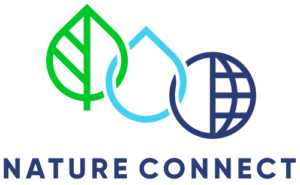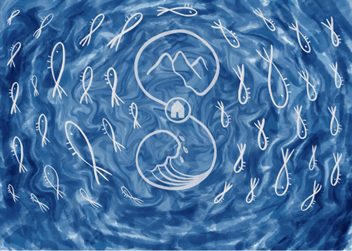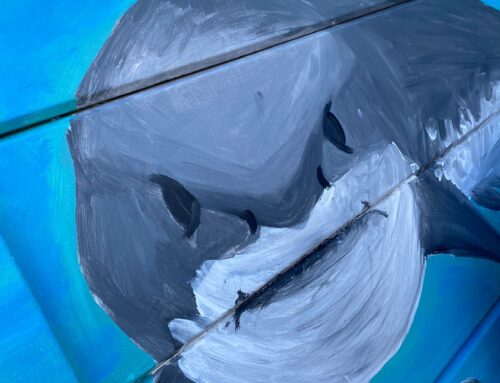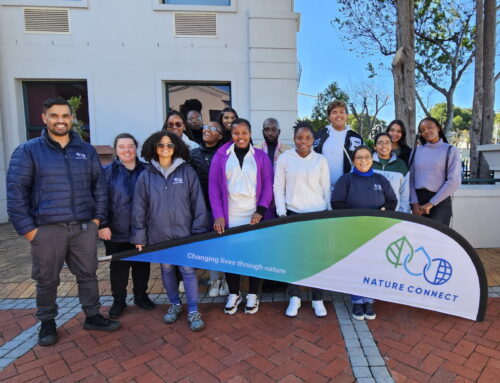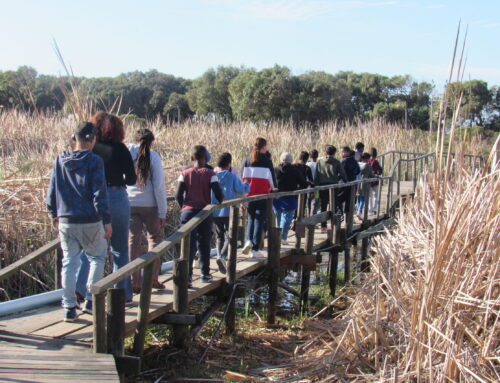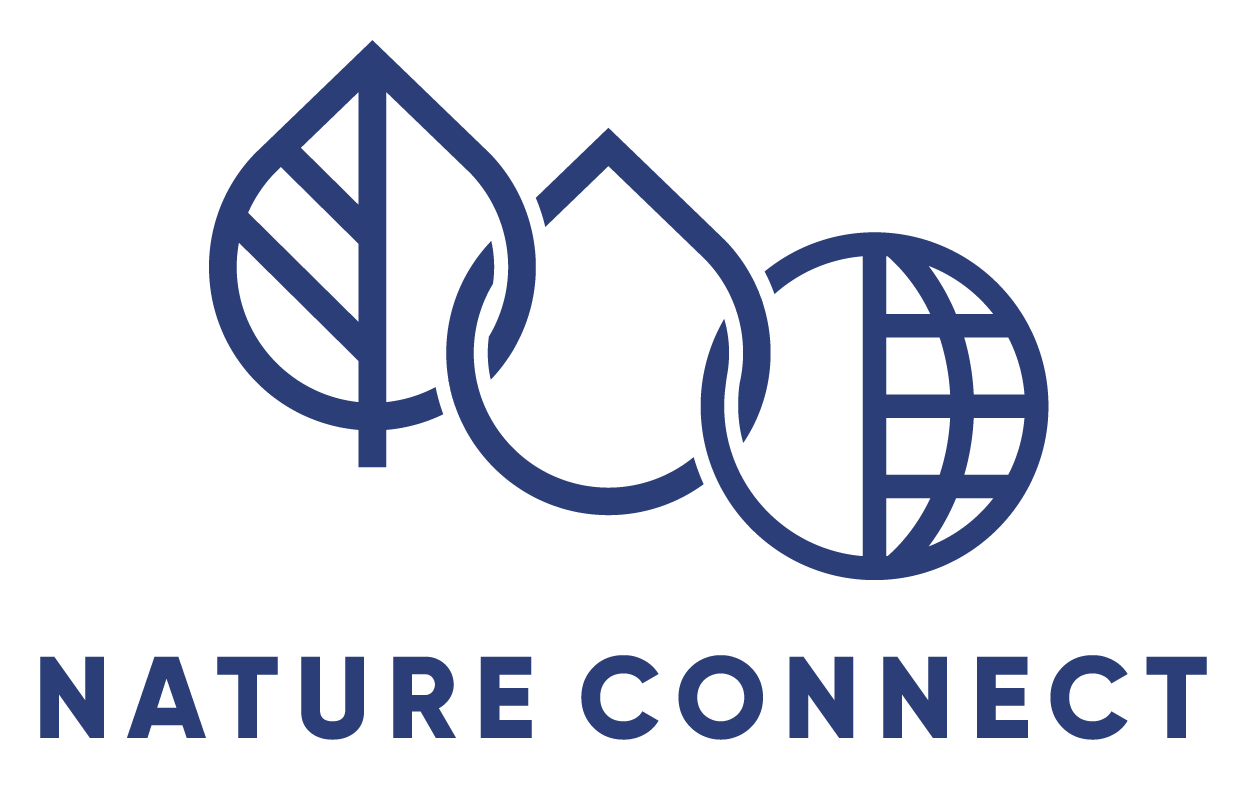



The arrival of COVID-19 in South Africa and the resulting lockdown brought our environmental education activities to a grinding halt. Having centered our education programmes around engaging directly with people in the natural environment, we had to think outside the box and find new and creative ways to engage meaningfully with learners. Working in collaboration with Environmental Learning Research Centre, One Ocean Hub and Save our Seas, an online engagement course focusing on water and global citizenship was designed and interested learners signed up to attend.
By focusing on our water systems and the journey of water, the content was designed to engage learners with a variety of water issues that are inseparable from ecological and social challenges, such as water availability, access and pollution.
The course took place over a four-week period, from mid-August to mid-September, and was structured to include both online sessions and at-home tasks. These tasks included a media engagement, where learners had to read an article focusing on plastic pollution and respond to set questions. For the second at-home task, a practical activity, the learners could choose to either conduct a cleanup and investigation to identify the life of the plastic they found or conduct an interview with an elder to discover more about the rise of plastic and the impact it has.
 The online engagements took place in the form of four presentations, which involved group discussions and started with a session on Global Citizenship and Water, looking at our place in the water journey and being, knowing and doing. The second session, titled Home to Sea, looked at how people and homes connect to the ocean, while the third session, Source to Home, focused on how water catchments connect to the home. The final engagement allowed the learners to share their experiences and the interesting information they had learnt while doing their practical activities. A highlight of the programme was the information shared by the learners’ elders and realising that the rise of plastic within South Africa happened during their life time.
The online engagements took place in the form of four presentations, which involved group discussions and started with a session on Global Citizenship and Water, looking at our place in the water journey and being, knowing and doing. The second session, titled Home to Sea, looked at how people and homes connect to the ocean, while the third session, Source to Home, focused on how water catchments connect to the home. The final engagement allowed the learners to share their experiences and the interesting information they had learnt while doing their practical activities. A highlight of the programme was the information shared by the learners’ elders and realising that the rise of plastic within South Africa happened during their life time.
Eight learners completed the programme and received certificates to acknowledge and celebrate their achievement. Six of these learners are part of CTEET’s Conservation Leadership Programme.
